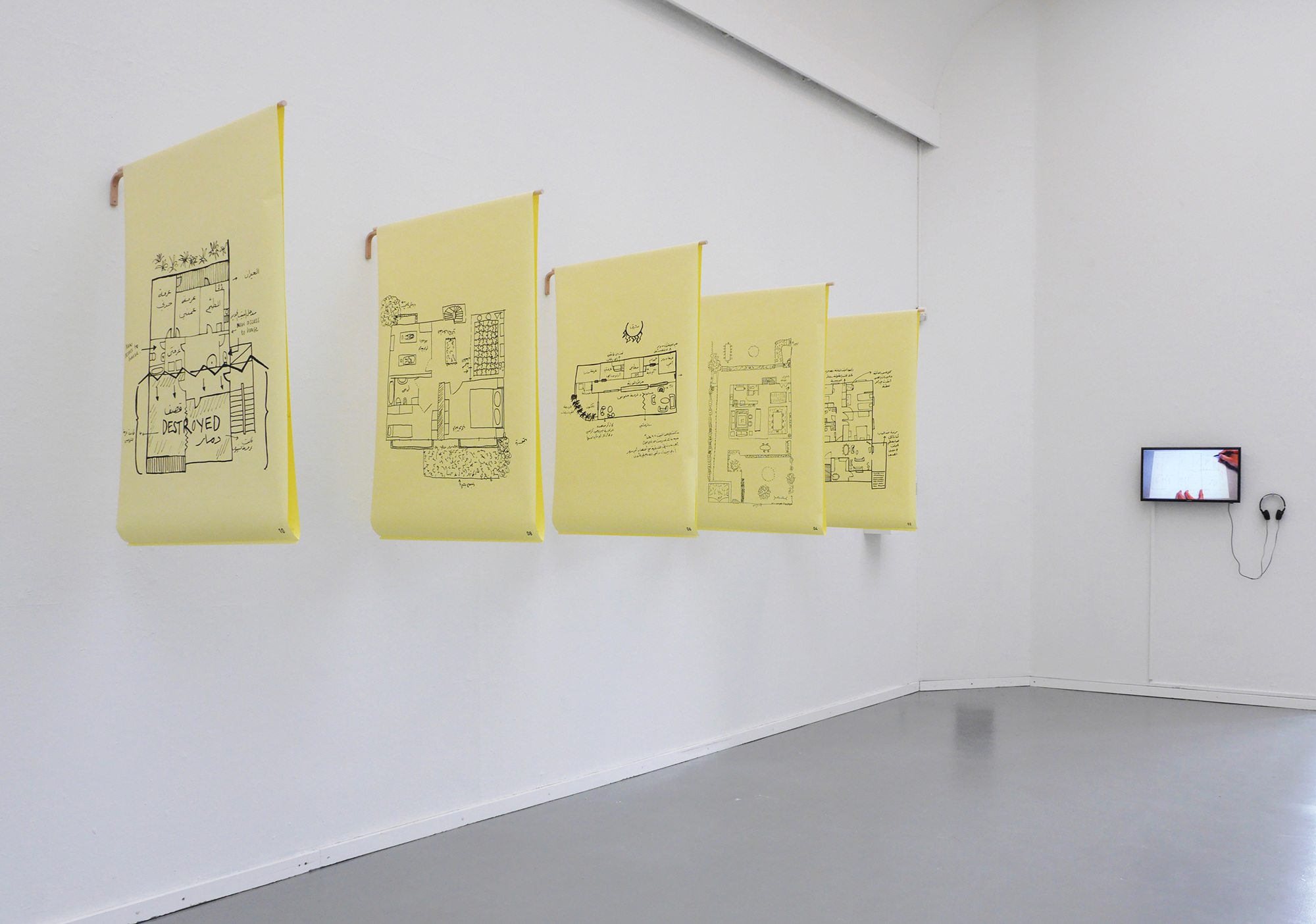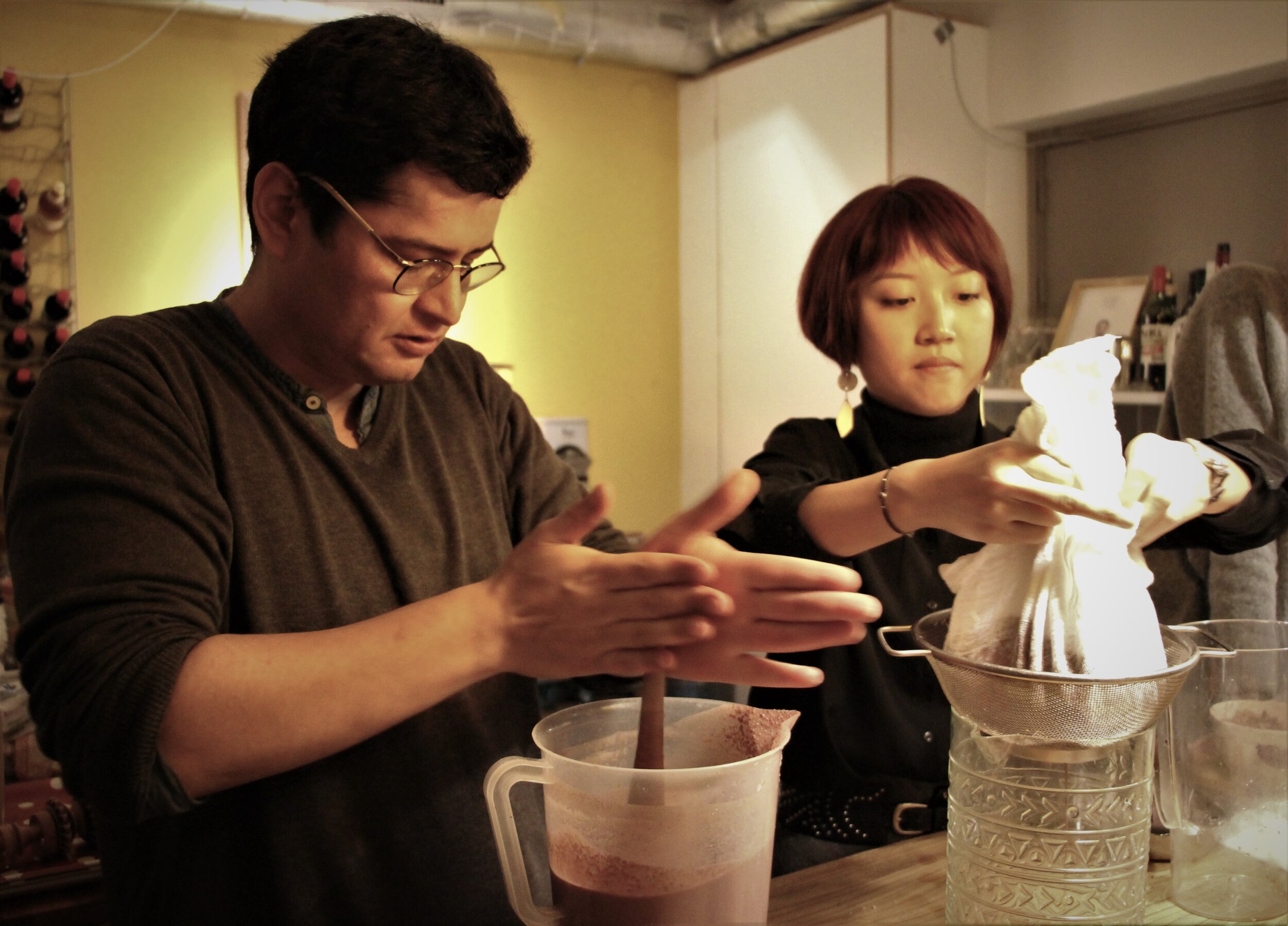POST Arnhem



ECHO
Unfortunately we had to cancel this event.
POST Arnhem, Driekoningenstraat 16
Language: Engels
Admission: €7,50 – excluding service fee, including one free drink
Students ArtEZ and Radboud University: €5,- – excluding service fee, including one free drink
Buy your ticket here.
During ECHO, the two artist collectives Weaving Realities Collective and Foundland Collective shine their light on Mario Sergio Alvarez's exhibition Cabinets of Presence. In this exhibition, Alvarez translates his personal experiences of migration from a dictatorial post-socialist country into universal narratives of solidarity, recollection and identity.
Inspired by the theme of the exhibition, this evening we will zoom in on degeneration through migration, the (re)production of cultural memory and collective cultural identity. Foundland Collective and Weaving Realities Collective will first briefly take you through their own discipline of art, after which we will take the time to explore the topics mentioned above in an interactive conversation led by moderator Sarjon Azouz.
Curious? Join ECHO on 11 July!
Foundland Collective was founded in 2009 by South African Lauren Alexander and Syrian Ghalia Elsrakbi and has been based in both Amsterdam and Cairo since 2014. The collective explores underrepresented political and historical narratives by working with archives in the form of art, design, writing, educational formats, videos and storytelling. Throughout their collaboration, the duo has critically reflected on what it means to produce politically engaged art from the position of non-Western artists working between Europe and the Middle East.
Weaving Realities is an artist collective based in Amsterdam, consisting of Yuchen Li and Aldo Esparza Ramos. They arrange performances and workshops in which they practice "sentipensar" - thinking-feeling with the earth - weaving together different forms of knowledge to change our position from the "I" to the "we" as a part of the earth. By retrieving ancestral, indigenous knowledge through cooking, they create awareness about our relationships with other forms of life and reflect critically on consumption, exploitation and appropriation of land.